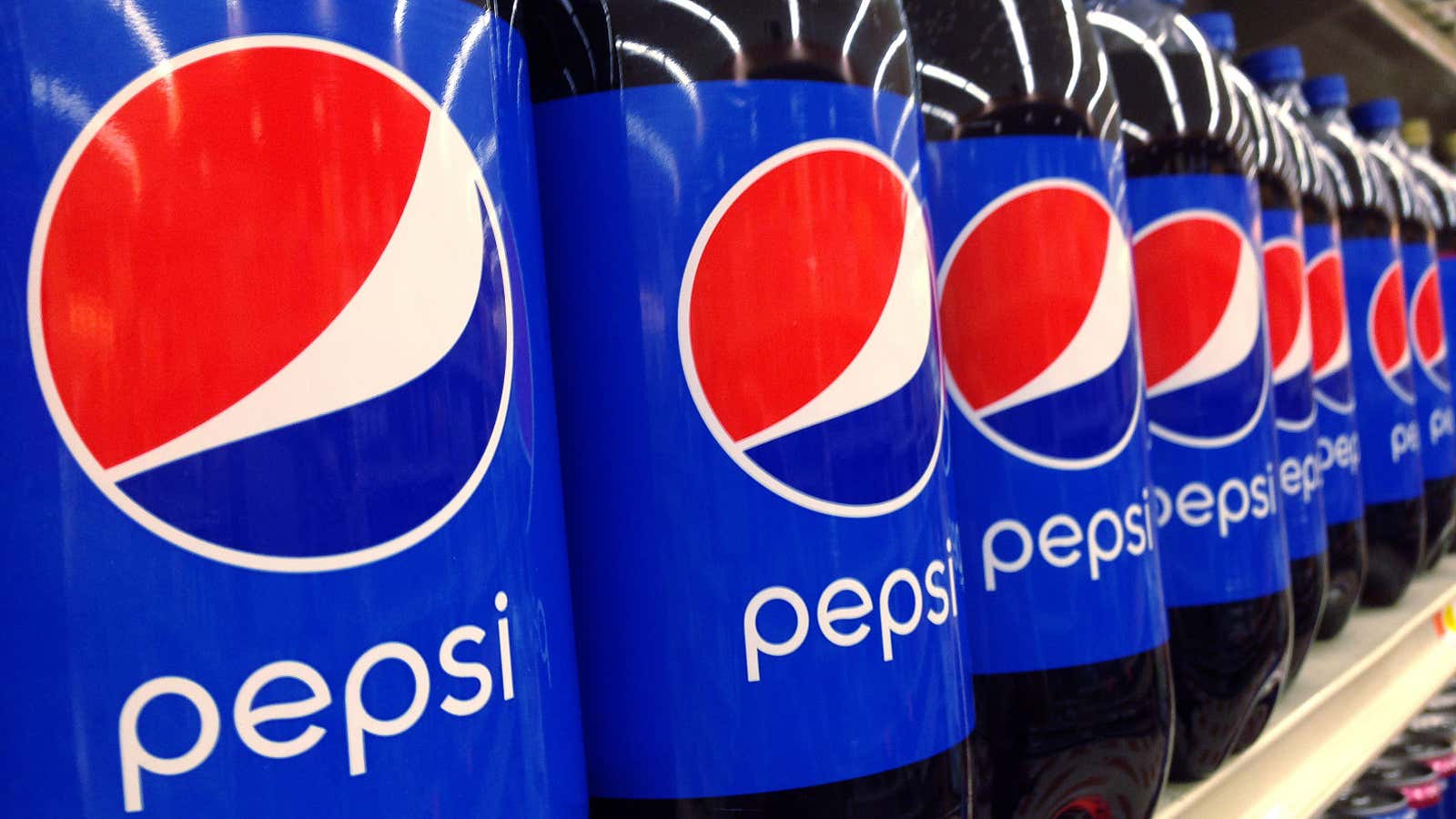Many Americans are worried about the potential results of Tuesday’s midterm elections. Coca-Cola and Pepsi have reason to feel fizzy with nerves, too.
On Nov. 6, voters in Washington and Oregon will weigh in on the question of food-tax initiatives. As heart disease, Type 2 diabetes, and obesity escalate into full-blown health crises in the US, a growing number of people are leery of the health impacts of sugary drinks. That’s created a fertile ground in recent years for health advocates looking to tax sugary drinks as a way of nudging Americans toward healthier diets.
The movement to put soda tax initiatives directly before voters has had the beverage industry playing a strategic game of defense, pouring millions of dollars into opposition campaigns. But by and large, voters have approved of a tax on sugary drinks when it’s presented as an option. In Berkeley, California, the tax passed with 76% voter support in 2014. The tax was supported by 62% of voters in San Francisco in 2016. And generally, since 2011, the overall global movement has gained steam.
In each case in the US, the beverage industry has typically adopted the same strategy, using its financial heft to create and spread political ads that characterize levies on sodas as taxes on groceries more broadly. The industry has done this even when ballot measure language was clearly aimed just at just sugary drinks and not, say, oatmeal, yogurt, or other grocery items.
This year, though, the initiatives in Washington and Oregon come with a plot twist. Previously, the ballot measures were created by health advocates. This year, the soda industry is behind the initiatives, and the measures are extremely strategic. In Washington, the industry-backed measure is called Initiative 1634, and it would prohibit cities and towns from imposing any new taxes or fees on any grocery items. The campaign behind the measure is called “Yes! To Affordable Groceries.” In Oregon, it’s called Measure 103, and it’s designed to do the exact same thing.
The idea is simple: If voters elect to outlaw taxing any groceries, the industry will have successfully thwarted any future effort by health advocates to create ballot measures specifically aimed at taxing soda. The industry-backed effort is flooding the market with ads designed to sow sympathy.
Politicians have been speaking out against such campaigns. “This is a made up, artificial political problem,” Washington state senator Reuven Carlyle recently told local media.
If the larger food industry was truly worried about taxes on groceries, one might expect to find hundreds of trade groups (representing cereals, dairy products, meats, etc.) donating to the two campaigns behind the pair of initiatives in Washington and Oregon. But that’s not the case. In both situations, it’s the American Beverage Association (ABA), which represents Coca-Cola and PepsiCo, or the companies themselves, that are listed as the top campaign finance contributors.
In Oregon, ABA has contributed the most in support of the measure with at least $3 million. In Washington state, Coca-Cola, Pepsi, Dr. Pepper, and Red Bull are the top four contributors with a combined total of at least $20.1 million. The next-highest contributor is the Washington Food Industry Association at just $20,000, according to state campaign finance records.
Asked for comment, the ABA stuck close to the ads’ talking points. “People are saying ‘enough’ to taxes on everyday basics, especially a tax that hurts working families and small local businesses the most,” said spokesman William Dermody.
Washington and Oregon aren’t the only states where big beverage companies are working aggressively to stop the soda tax effort. It’s also played out in California, where even progressive lawmakers have said they’ve felt tricked and coerced by the industry’s strategic tactics.
